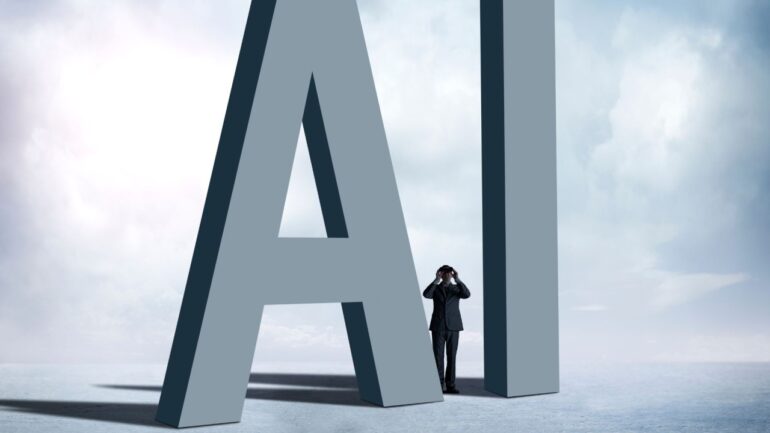TL;DR:
- Generative AI tools like ChatGPT and Midjourney are being used to create videos and interactions with deceased individuals, even without their consent.
- This practice raises ethical concerns regarding privacy and consent, exemplified by Zelda Williams’ criticism of AI deepfakes of her late father, Robin Williams.
- Historical examples of using technology to connect with the dead exist, but AI introduces new and complex issues, including long-term maintenance and emotional impact.
- Some individuals find solace in AI recreations of the deceased, while others find them disturbing.
- The market may see an emergence of startups focusing on post-mortem deepfakes, potentially leading to legal battles over copyright and AI-generated content.
Main AI News:
In the ever-evolving landscape of artificial intelligence, one emerging trend is raising both eyebrows and questions about ethics and consent. AI is now being used to resurrect the dead, even when they never gave permission. Creators and startups are harnessing generative AI tools like ChatGPT and Midjourney to recreate deceased individuals, sparking a debate that touches on deeply personal and societal concerns.
The Resurrection of the Dead
Generative AI tools have granted creators the ability to craft videos, audio clips, and even interactive conversations with individuals who have passed away. This newfound capability has the potential to bring solace to surviving relatives and fans who seek a connection with their loved ones or idols, even after they are gone. However, this practice also gives rise to a host of privacy and consent issues that cannot be ignored.
Privacy and Consent Concerns
Like many innovations in generative AI, the recreation of the deceased often occurs without consideration of its consequences. One poignant example comes from Zelda Williams, daughter of the late comedian and actor Robin Williams. She publicly expressed her discomfort with AI deepfakes of her father, calling them “personally disturbing.” This issue has become a part of ongoing negotiations in the entertainment industry, with legal counsel Jeffrey Bennett asserting that generative AI versions of actors, before or after their deaths, are a “mandatory subject of bargaining.”
Zelda Williams has spoken out against these AI recreations, stating, “These recreations are, at their very best, a poor facsimile of greater people, but at their worst, a horrendous Frankensteinian monster, cobbled together from the worst bits of everything this industry is, instead of what it should stand for.”
Historical Context
The idea of using technology to bring the deceased back to life is not entirely new. Hollywood biopics have long dramatized the lives of the dead, and holographic “live” performances by deceased musicians like Buddy Holly and Roy Orbison have been made possible. More recently, giant art projections featuring Elvis, created with Stable Diffusion and Midjourney, have given fans a taste of the resurrected King.
However, the use of AI to recreate the dead introduces entirely new issues that experts say we can’t fully comprehend yet. Questions about the long-term maintenance of these systems and the emotional impact on loved ones trying to move on remain largely unanswered.
Finding Comfort in AI
While the ethical debate rages on, some individuals find comfort in using AI to connect with the deceased. Kim Kardashian, for example, shared her appreciation for an AI hologram of her late father, given to her by Kanye West. In China, Shanghai Fushouyun, a funeral company, employs ChatGPT and Midjourney to create lifelike avatars of the deceased as part of its memorial services. Fushouyun Chief Executive Yu Hao explains, “People want to use AI to recover the deceased because they need to release their emotions.“
The Evolution of Cultural Norms
The idea of preserving the memories of loved ones through technology is not new. In the Victorian era, families regularly engaged in death portraiture, which involved photographing the deceased. This historical context sheds light on the evolving cultural norms around keeping the dead “alive” through technology.
What’s Next
As technology advances, some startups are already preparing for a future filled with post-mortem deepfakes. AI startup Metaphysic, for instance, made history by registering a copyright for its AI likeness, setting the stage for potential legal battles over AI-generated content. The extent to which copyright can apply to AI-generated content remains unclear, leaving room for further exploration and regulation.
Conclusion:
AI’s ability to resurrect the dead, with or without permission, raises important questions about privacy, consent, and the ethical boundaries of technology. While it may offer solace to some, it also challenges society to define the limits of our digital interactions with those who have passed on and to ensure that these innovations are used responsibly and respectfully.

